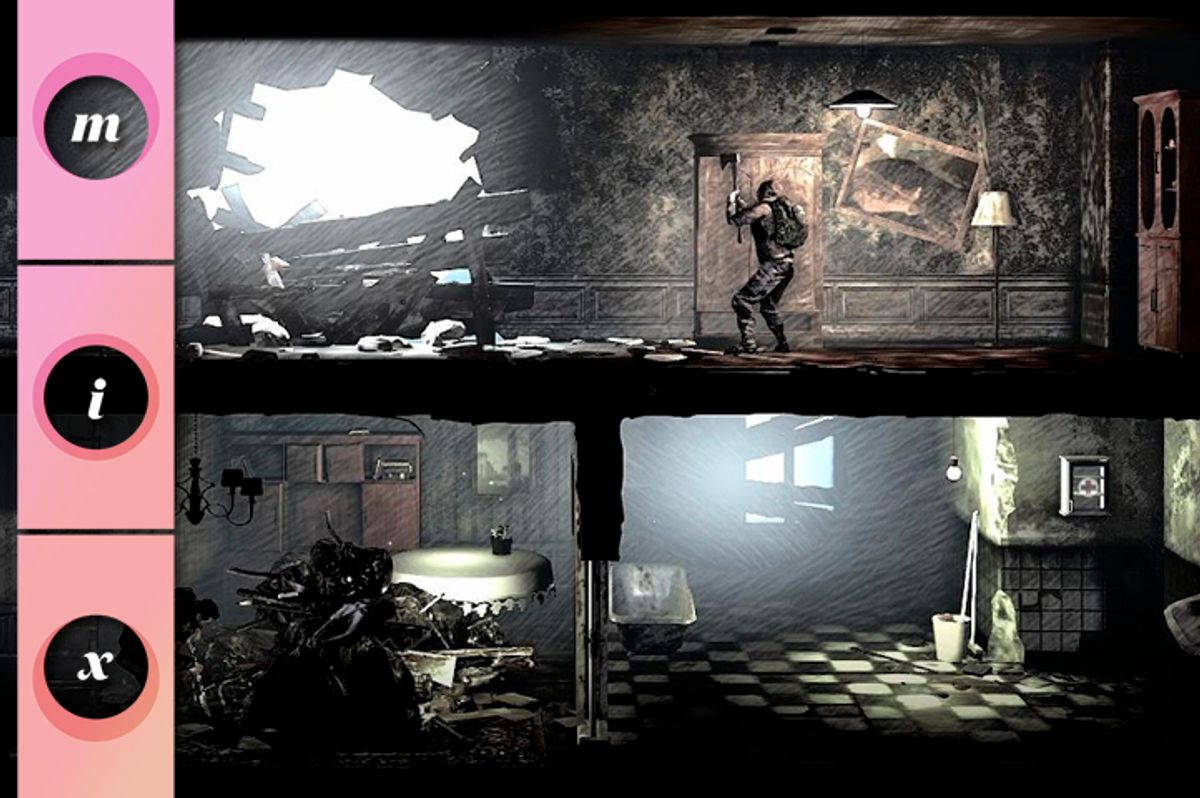“It’s certainly a long way from Grand Theft Auto.”
In one sentence, the New York Times undercut the status of video games as an art form by comparing an unrelated title to the controversial franchise. Sure, "Grand Theft Auto" was one of the best-selling video games ever. Not only did it push the medium of video games to be considered as viable forms of profit, it showed that a game can still be critically acclaimed despite its negative press coverage.
But the Times' point is unintentionally correct: We have come a long way from "Grand Theft Auto." The video game community is done fighting for video games to be considered art — a debate that started with this 2005 interview with Roger Ebert.
Video games by their nature require player choices, which is the opposite of the strategy of serious film and literature, which requires authorial control.
I am prepared to believe that video games can be elegant, subtle, sophisticated, challenging and visually wonderful. But I believe the nature of the medium prevents it from moving beyond craftsmanship to the stature of art. To my knowledge, no one in or out of the field has ever been able to cite a game worthy of comparison with the great dramatists, poets, filmmakers, novelists and composers.
The video game community has never quite been able to shake the late critic's contentious opinion. But I'm not here to add to that pile of arguments. I won't even say video games are art, because that's like saying "art is art." Video games can elicit authentic emotional reactions from players that can have an impact on their lives and perceptions, and that's proof of the medium's art status to me. Watch this video to see some excellent examples of games that will cause you to feel.
This video is part of a larger story on video games and empathy. Read more and listen to a conversation with Vice's Waypoint editor Austin Walker.



Shares